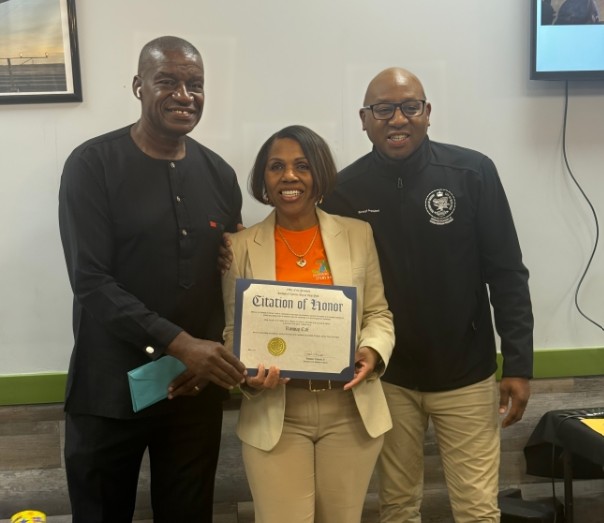We already know that federal regulators have undermined accountability for the “systemic and widespread” abuses by mortgage servicing companies. In another disturbing development, the Federal Reserve and the Office of the Comptroller of the Currency (OCC) are refusing to turn over information to Members of Congress that could help them prevent such abuses from happening again.
A recent study of the Independent Foreclosure Review (IFR) process by the Government Accountability Office (GAO) cited significant flaws, including a lack of transparency, in the design and implementation of the process. The IFR process was created in 2011 because several mortgage servicing companies and their affiliates were found to have regularly engaged in questionable, unsafe, and even illegal practices. People who lost their homes or were in danger of losing their homes through foreclosure in 2009 and 2010 could use the process to ask for an independent review of the action, and could be compensated if the review found they had suffered financial injury due to an error or other problem. Before any payouts were made, though an agreement between federal bank regulators and 13 mortgage service providers ended the IFR review process for all but a handful of these companies.
A few of the serious concerns raised by the GAO are the quality of work done by some of the independent reviewers and the fact payouts are not correlated with the actual amount of financial harm. In addition to raising these issues, the GAO concluded that a lack of transparency about the process undermined confidence in its findings. Despite the GAO’s conclusions, however, the Fed and the OCC have decided to double down on the secrecy surrounding the process: refusing requests by Senator Elizabeth Warren (D-MA) and Representative Elijah Cummings (D-MD) for information about the IFR process, and about specific violations of law—including wrongful foreclosures, excessive fees, and fraudulent affidavits filed in court.
During the IFR process, about 800,000 files were identified for review. This is a dry and technical way to say that there was reason to suspect that about 800,000 people and their families were hurt by the mortgage servicing industry’s practices. And, as we all know too well, the damage caused by these questionable and illegal actions extends well beyond just the people who lose their home. Foreclosures pull apart communities and can lower property values for the entire neighborhood.
Why would the Federal Reserve and the help the mortgage servicing industry keep secret information about the “systemic and widespread” practices that contributed to the near meltdown of the financial industry in 2008? And why would they refuse to help Members of Congress who are interested in preventing the same kind of abuses from happening again?
The reasons cited by the Fed and the OCC for not turning over the requested information are specious. According to an April 10 letter sent by Senator Warren and Representative Cummings to Den Bernanke and Thomas Curry, respectively the heads of the Fed and OCC, their staff cited their obligation to prevent disclosure of confidential supervisory bank examination information. Staff for the Fed and the OCC also referred to documents about illegal practices by a mortgage serving company as a “trade secret.” As the letter concisely states, however, “Breaking the law is not a corporate trade secret.”
The Fed and the OCC’s decision to deny a Congressional request for information suggest that they are acting less as regulators of the financial sector than as protectors of industry. Considering that in the wake of the financial crisis, critics often pointed to the seemingly cozy relationship between government regulators and the sector they were supposed to be overseeing, it is time for the Fed and the OCC to rethink their stance. Complying with the request for information is the best way to make sure those mortgage servicing companies that irresponsibly damaged lives and communities by engaging in illegal acts are held accountable, and to make sure similar practices do not happen again.
Bennett is the assistant director of OpenTheGovernment.org and Canterbury is the director of Public Policy of Project On Government Oversight – POGO

























